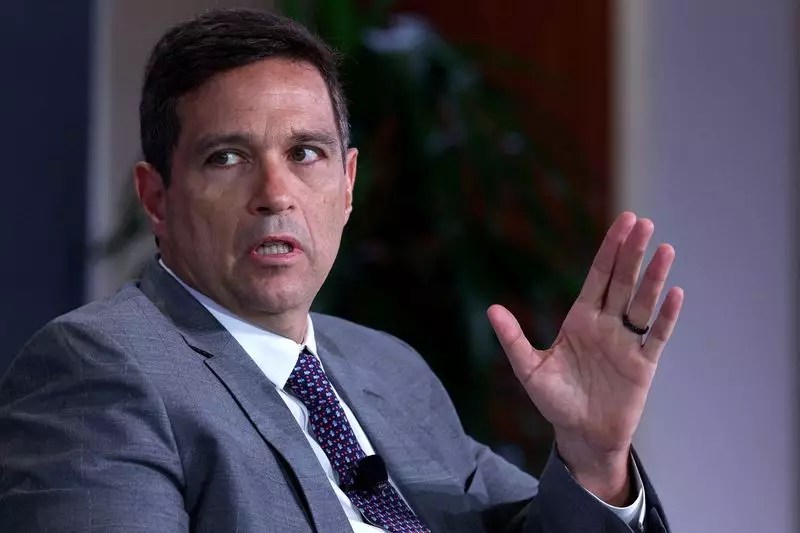Brazil’s central bank chief, Roberto Campos Neto, has expressed concerns about recent market volatility, suggesting that it may indicate a reduced space for fiscal and monetary intervention in the future. He emphasized the importance of considering both fiscal and monetary policies together, as addressing one without the other could prove challenging in the long run.
Global Economic Influences
Campos Neto also highlighted the potential impact of a deceleration in China on Brazil’s economy, particularly through a shock in terms of trade or lower import prices for Chinese goods. The extent of this impact would depend on the severity of China’s slowdown, underscoring the interconnectedness of global markets in today’s economic landscape.
As Brazil’s central bank prepares for its upcoming policy decision in September, Campos Neto and his colleagues have signaled a willingness to consider all options, including a potential rate increase if necessary. The central bank’s stance is described as data-dependent, with policymakers closely monitoring inflationary pressures and other economic indicators.
Brazil’s annual inflation rate reached 4.5% in July, surpassing the official target of 3% with a tolerance band of 1.5 percentage points in either direction. This deviation has raised concerns about the need for tighter monetary policy, with interest rate futures currently pricing in an over 80% chance of a rate hike next month. The impending decision aligns with the U.S. Federal Reserve’s stance on monetary loosening, reflecting broader trends in global interest rate management.
Brazil’s economic outlook is closely tied to both domestic policy decisions and external factors such as global market volatility and trade dynamics. As central banks navigate a complex economic landscape, the need for coordinated fiscal and monetary interventions becomes increasingly apparent. Campos Neto’s remarks at the Jackson Hole symposium underscore the challenges and opportunities facing Brazil’s monetary policy in the months ahead.


Leave a Reply